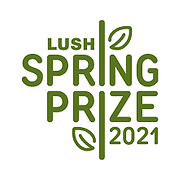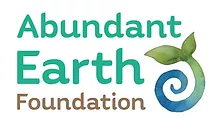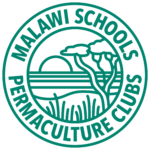
We support interested schools & teachers in running sustainable after-school Permaculture Clubs
Our mission "To provide interested teachers in rural northern Malawi the knowledge, skills and resources needed to run practical after-school permaculture clubs."
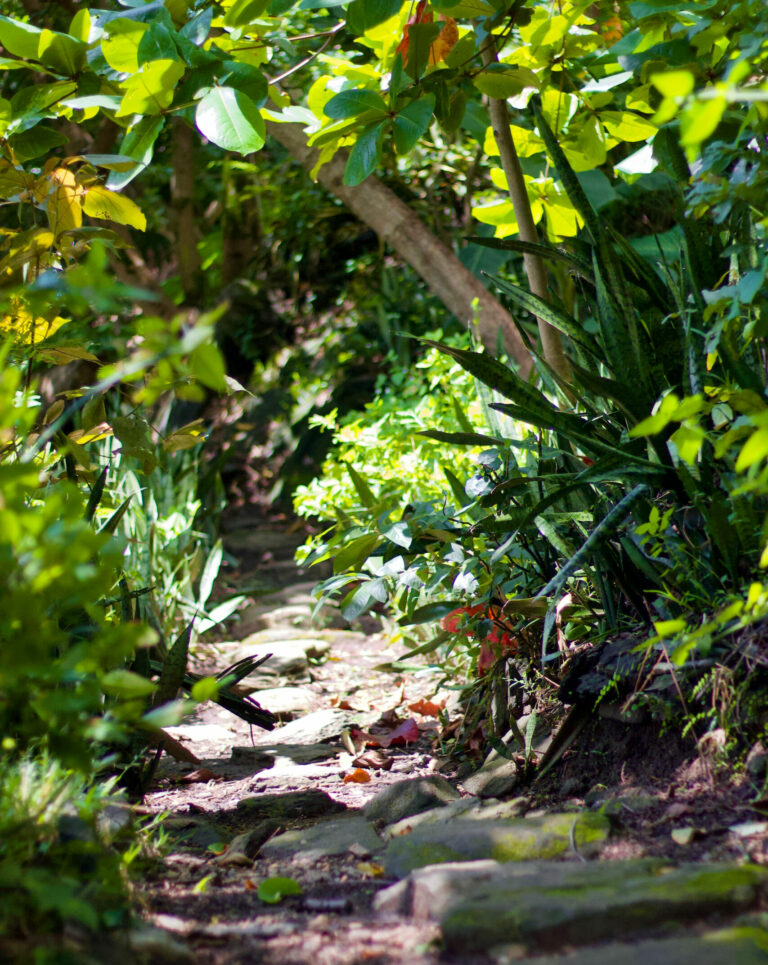
What is MSPC?
Malawi Schools Permaculture Clubs (MSPC) is a program that supports primary school teachers to lead after-school clubs. It started in 2015, with 29 schools in the District now holding weekly MSPC sessions!
Permaculture clubs are held during term time and utilise fun and practical activities. Children learn how to care for and regenerate their local environment, new ways to use & value local resources, and practical methods to improve & maintain the health of the soil and manage & store water. They also learn how to produce their own diverse and nutritious food and other crops without using expensive chemical inputs.
What is Permaculture?
Permaculture means permanent agriculture, which is a concept that aims to create ecosystems that respect biodiversity. The goal is to create self-sustainable & resilient agriculture & society. Permaculture observes the interactions between its components, seeking to integrate human activities & respecting natural processes. It’s a regenerative approach to land-based activities using a systems lens to guide the design of holistic approaches that enable higher productivity of local environments while using fewer non-indigenous inputs.
Our Story
We developed the program in 2015-16 with the idea of giving teachers who are interested in permaculture and environment the information, tools, and support they needed to run an after-school clubs for their interested pupils. The club members have their plot to work on as well as do general work around the school, according to a permaculture design created by the teachers during their training and developed throughout the year.
We were overwhelmed by the interest from schools around Nkhata Bay. While every school is very different in terms of location and resources, they have all made great strides in changing their physical environment. The aim is not to develop a feeding program but to provide each child a plot on which they learn about permaculture and can harvest nutritious indigenous crops. They also tackle problems such as flooding by implementing a school site design.
Permaculture teaches practical skills and tools to help people in Malawi get the most from their surrounding environment. It offers the potential to improve livelihoods sustainably, and we aim for MSPC to spread far and wide to reach as many children and communities as possible. How each pupil and school apply taught practices is individual, as there are no right or wrong answers in permaculture, and it is inspiring to see the variety of work in the 29 schools that are running clubs to date.
Shorter training sessions are taught to teachers to deliver to their students, rather than a Permaculture Design Course (PDC), which teachers struggle to find time to complete. We isolated the factors that had made Mkhondezi Primary School successful and held an open day so we could demonstrate these principles to surrounding schools and get them involved!
We regularly observed and got involved in many sessions and gained extensive feedback over the coming two years on the session plans, incorporating all this feedback to improve the program further.
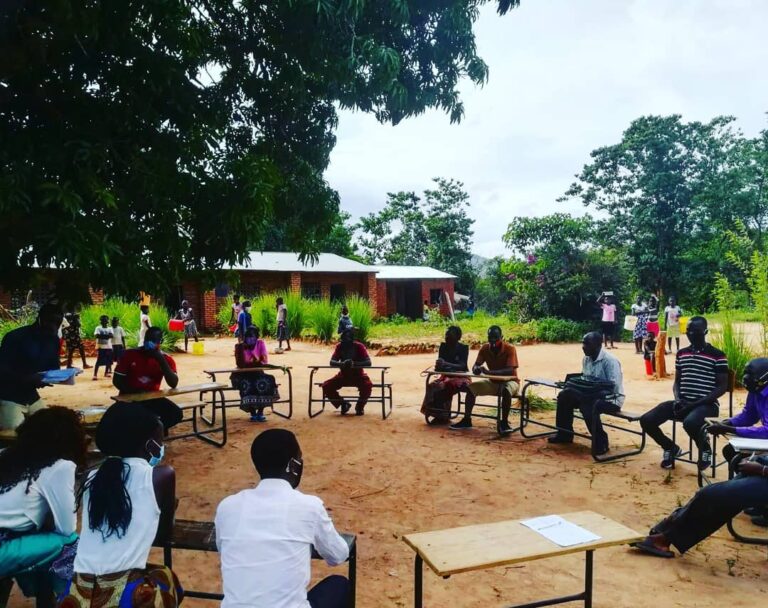
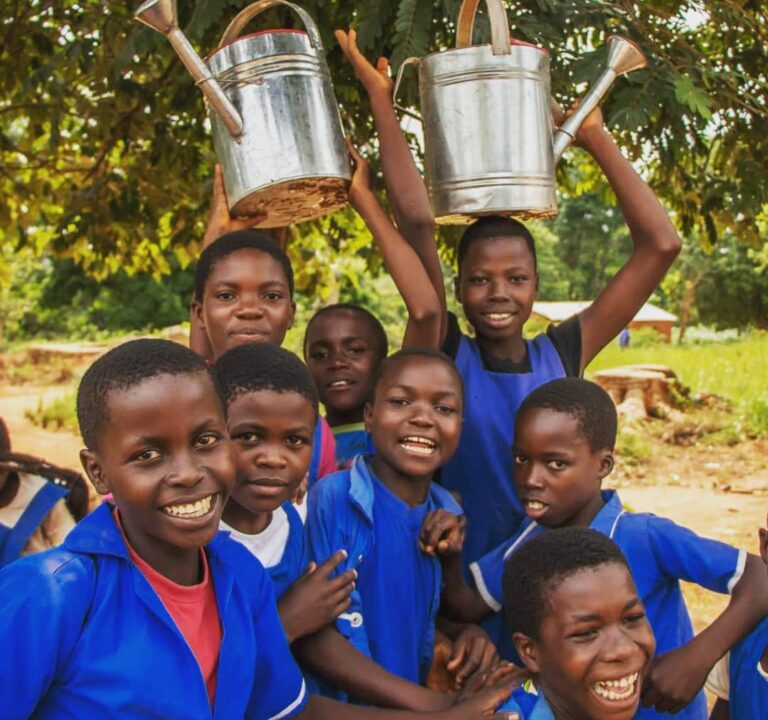
We developed twenty-one detailed session plans to deliver over three terms. Regular teacher’s meetings were held at different school venues where the teachers could discuss problems and gain new ideas. We now run a fully developed and revised program. In May 2018, MSPC won the young project award from the Lush Spring Prize. This boost gave us the chance to develop the idea even further.
We hope to develop several link projects for these schools to expand to at the end of our five-year involvement. They could include;
- Assistance with a permaculture school feeding program if the school has access to a hectare of land.
- Small-scale build projects at the school, highlighting eco-sanitation techniques.
- Educational links to schools outside Malawi that including a environmental curriculum.
- Links to solar organisations to assist with lighting facilities if schools are off the grid
Why Volunteer here?
Did you know that 80% of Malawians rely on subsistence farming to support themselves and their families? This can be precarious due to the extremes of the long dry season and very wet rainy season, and the changes seen with climate change. The majority of the population live remotely with very little outside assistance, so skills learnt through MSPC are extremely relevant.
MSPC is designed to be scalable and sustainable. Participating schools elect to join and teachers are all volunteers. The programme empowers local people (teachers) who feel motivated to help their own communities, with training, information resources and moral support throughout the year.
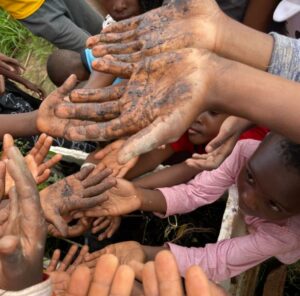
How You Can Get Involved
This project can benefit from a diverse range of skill sets. Volunteers and Interns can get involved in the following tasks…
- Help improve the website and social media
- Create infographics and promotional material.
- Help out with the organisational aspect of the growing MSPC project looking at the overall management and expansion of the programme.
- Assist with data analysis for the increasing number of schools taking part and a growing monitoring and evaluation programme.
- Help fundraise so that the programme can flourish.
- Get involved with schools during their weekly practical sessions, or arrange extra sessions with the kids.
- Assist the schools, especially during busy periods where they have open days and visits to other permaculture sites.
- Use produce from the garden to demonstrate new recipe and nutrition ideas during one of the weekly sessions.
- Help with the development of a strategic plan and long-term communication strategy
Help to maintain and develop sustainable practices around Butterfly Space for demonstration purposes during school visits and teacher training, such as the drip irrigation system and solar water heaters.
Assist with the development of second year packs for children who attended the club who may want to carry on projects the following year.
- Help research a five year plan and potential links for schools in Nkhata Bay for the future.
- Plant tree seedlings at Butterfly for transplanting later at schools
- Help with landscaping around the site at Butterfly or at the schools.
- Work with Francis or Josie in the gardens to plant new crops and species which can be used for the schools. Diversity is the key in Permaculture.
- Paint signs to label more trees around Butterfly and to add to the Butterfly nature trail which is now open for school visits and teacher training. This is also linked to the information in the nutrition folder.
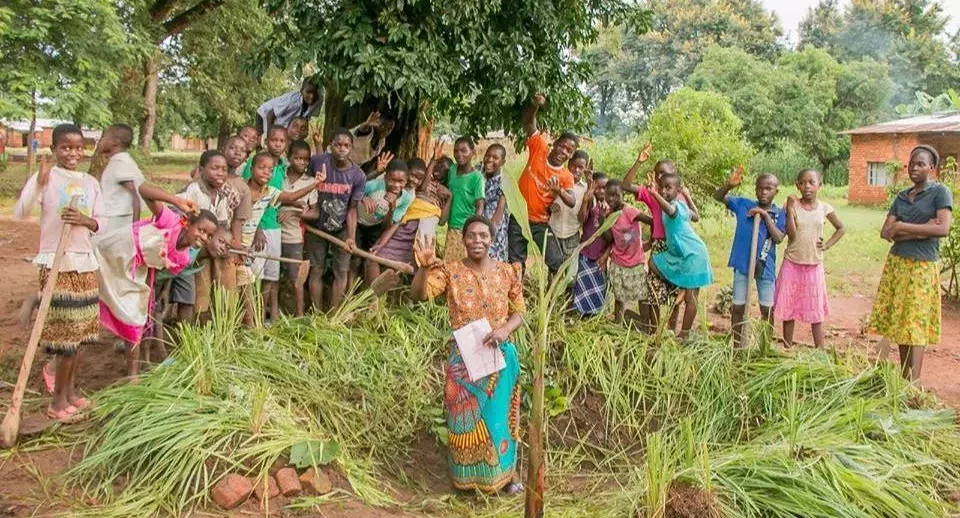
allowed the initial expansion from one school to four in 2016, and we have had to find a substantial amount more to keep the core program running. We are developing a partner program to make the project financially sustainable, but in the short term, we need to continue fundraising to support our local schools. The total for each school is around £700 for the year, which includes teacher training, materials, and support. We are working with 29 schools, so it adds up!
We have recently set up a regular giving campaign; if we can cover our wages here in Malawi, it can give us some certainty as we plan term-to-term. Any contribution or one-off donations warmly received and appreciated.
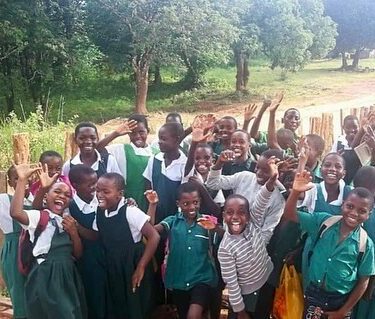
Donate Now!
Please support our projects. Without the generosity and support we have received over the years, we wouldn’t be able to do what we do!
Thank you, from all of the Butterfly team!

Please see our Wish List for the things we Item donations which would benefit our projects. Thank you!
If you have any skills that we can incorporate into the projects, please get in touch!
Volunteering is free of charge, we just ask that volunteers cover their own expenses, and we encourage volunteers to do a fundraiser to help to contribute to the project they work with.
If you would like to donate to this project, please see our Fundraising, Donations and Wish List Page! Thank you!


